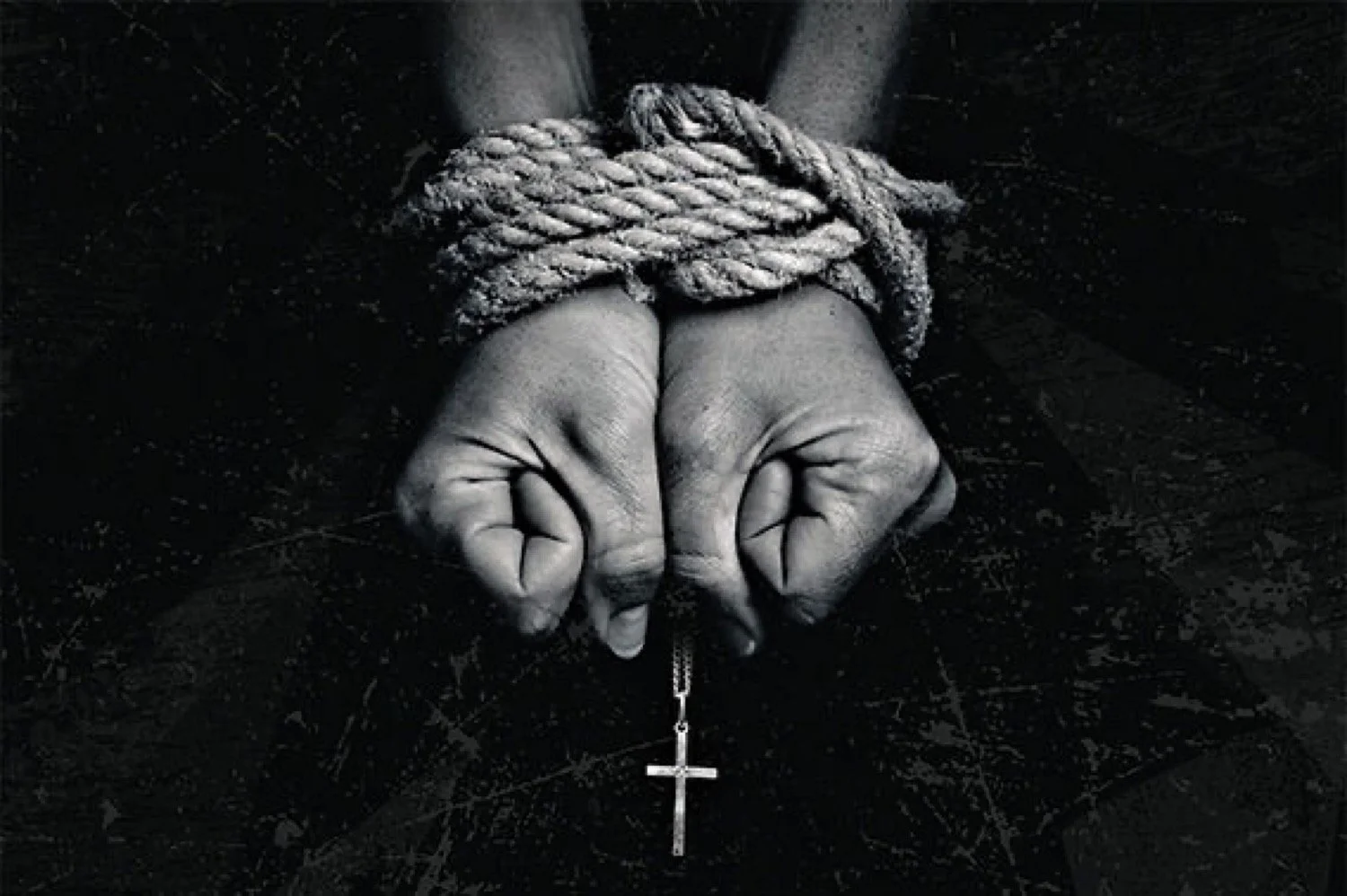Readings for today: Proverbs 5-8
Human beings are made in God’s image and, as such, are made to work. When God created the heavens and the earth, He worked for six days and rested on the seventh, enshrining a sacred rhythm to life that we ignore to our own peril. When God created Adam and Eve, He placed them in a garden to work and to keep it. When God gave human beings their first command, it was to be fruitful and multiply and fill the earth and exercise dominion over all He has made.
After the Fall, our relationship with work became corrupt. First of all, work became incredibly difficult. The ground began to fight us. Creation went to war with us and resisted our efforts to tame her. This makes sense, of course, because our concept of “dominion” now became exploitative and tyrannical rather than symbiotic and harmonious. Second, work became an idol. So did rest. So some in our world never seem to stop working and others in our world never want to work at all. Some in our world love their work too much and others in our world see it as a necessary evil. Some in our world would choose to work while others would choose to never lift a hand.
This is why I love what Solomon has to say about work in today’s reading. “You lazy fool, look at an ant. Watch it closely; let it teach you a thing or two. Nobody has to tell it what to do. All summer it stores up food; at harvest it stockpiles provisions. So how long are you going to laze around doing nothing? How long before you get out of bed? A nap here, a nap there, a day off here, a day off there, sit back, take it easy—do you know what comes next? Just this: You can look forward to a dirt-poor life, poverty your permanent houseguest!” (Proverbs 6:6-11 MSG) The ant doesn’t need direction. It doesn’t need anyone to tell it what to do. It is discerning enough to gather food in the right season and store it for the days when food will be scarce. It knows when to rise and when to sleep. It knows when to work and to rest. It doesn’t grow slothful or lazy. It recognizes that the welfare of the entire community is dependent to some extent on its work.
Over the years, I have counseled men and women on both sides of the equation when it came to work. For some, I have counseled them to slow down. To take a Sabbath. To make sure they have one day out of every seven to rest and worship and spend time with those they love doing the things they love. For others, I have counseled them to ramp up. To work harder. To stop trying to get by on the least amount of work possible but instead dedicate themselves to the work God has put in front of them so they can not only live a rich and full life themselves but they can bless others.
Culturally, we have a problem with work. Either we work too much or we work too little. Either we never turn it off or we are doing our best to get as many days off as possible. Either we never stop working or we try to retire as quickly as possible. Both of these betray God’s original design and lead only to heartbreak and pain. God’s command is clear. Six days shall you work and the seventh day you shall rest. Work as though you are working for the Lord rather than for yourself. Labor while you have strength in the right season and store up resources for yourself and those you love for when the seasons change and your strength fades. Commit yourself to God’s original mandate to be fruitful, multiply, fill the earth, and be a good steward over all He has entrusted into your hands.
Readings for tomorrow: Proverbs 9-12




